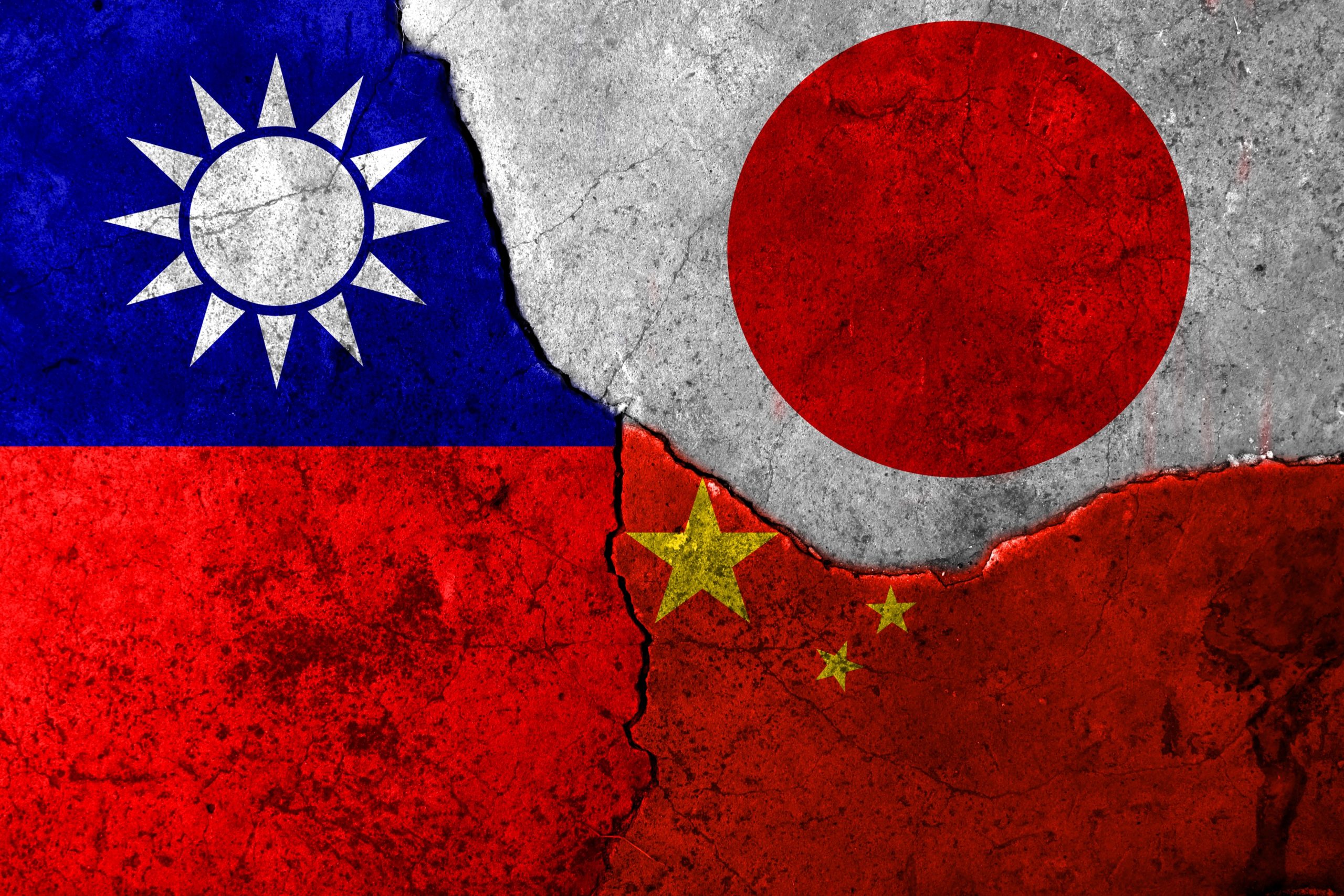In the realm of geopolitics, there are delicate threads that can shift alliances and create ripples across nations. One such intricate dance is currently playing out between the United States and Japan, as they navigate the tumultuous waters surrounding the Taiwan Strait. The recent discussions between these two powerhouses have sent shockwaves through diplomatic circles, raising questions about nuclear deterrence, extended defense commitments, and the ever-present specter of conflict in East Asia.
Exploring the Nuclear Umbrella
Reports have emerged suggesting that Washington and Tokyo have broached a topic previously considered taboo: the potential use of nuclear weapons in response to contingencies in the region. This development marks a significant departure from traditional security norms and underscores the growing unease over China’s military assertiveness, North Korea’s provocations, and Russia’s strategic maneuvers.
The concept of extended deterrence lies at the heart of these discussions – a strategic doctrine aimed at dissuading adversaries by signaling a robust American response that could include nuclear capabilities. For Japan, a country scarred by past atomic bombings, these deliberations carry profound implications for its national security posture and its relationship with key allies.
Expert Analysis: Navigating Complex Alliances
Zhao Tong, a respected voice on international security affairs, views these talks as part of Japan’s broader strategy to bolster its defense architecture amid shifting regional dynamics. He emphasizes that while a fortified US nuclear umbrella may assuage Tokyo’s fears regarding Taiwan’s defense, ultimate decisions will hinge on multifaceted factors like US commitment levels and overarching geopolitical forces.
As tensions simmer in the Taiwan Strait, Hu Jiping warns against Japan’s perceived overreliance on US nuclear protection. His cautionary words highlight the delicate balancing act facing Tokyo – seeking security assurances without entangling itself in an escalating cycle of animosity with Beijing and Moscow.
Contextualizing Regional Dynamics
Against this backdrop looms China’s staunch opposition to any escalation involving nuclear arsenals. The Chinese Ministry of Defense has issued stark reminders about the horrors of nuclear warfare while urging restraint from all parties involved. Beijing’s stance reflects its deep-seated concerns about potential arms races and destabilizing actions in its neighborhood.
Amidst these geopolitical maneuvers, Taiwan stands as a pivotal piece on the chessboard. With diverging perspectives on Taipei’s status and strategic significance, major players like Japan find themselves navigating treacherous waters where missteps could have far-reaching repercussions.
A Glimpse into Future Scenarios
Looking ahead, one cannot ignore the ominous specter cast by scenarios of conflict erupting in sensitive flashpoints like the Taiwan Strait. As preparations for contingencies unfold – be it through enhanced military deployments or strategic consultations – each move carries weighty implications for regional stability and global power dynamics.
In this high-stakes game of diplomacy and deterrence, every word spoken behind closed doors reverberates across oceans and continents. The calculus of peace versus conflict is being recalibrated in real-time as nations juggle competing interests within an unforgiving arena where miscalculations could spell disaster.
As dusk settles over East Asia, policymakers grapple with existential questions about war and peace while citizens hold their collective breaths amidst whispers of “what if” scenarios playing out on distant shores.

Comments